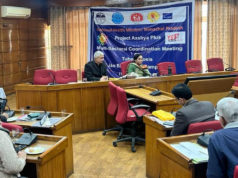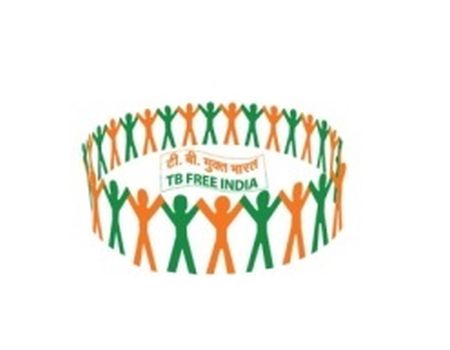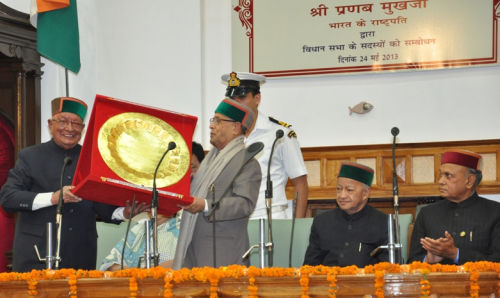Shimla: In a significant move aimed at eradicating tuberculosis (TB) in Himachal Pradesh, the Health Department has implemented new measures requiring individuals purchasing cough syrup to provide their mobile numbers at the time of purchase. This directive, issued to drug sellers across the state, marks a proactive step in the government’s ongoing efforts to combat the disease.
Under the new guidelines, drug sellers will collect customers’ mobile numbers buying cough syrup and pass this information to the Health Department. Following the purchase, a department team will contact the individual to inquire about the duration of their cough and gather other relevant health information. If necessary, the department will also arrange for the person’s sputum to be tested for TB.
This initiative extends to rural areas, ensuring that drug sellers will gather data from those purchasing cough syrup even in remote regions. Previously, drug sellers provided test kits to patients suspected of having TB and instructed them on how to submit sputum samples for testing. The new protocol represents an additional layer of vigilance, with the Health Department now actively following up on potential TB cases in collaboration with drug sellers.
The state’s health officials are committed to making Himachal Pradesh tuberculosis-free by the end of the year, a target that has prompted widespread action down to the block level. The department is also enlisting the support of Asha and Anganwadi workers in its outreach efforts, aiming to leave no stone unturned in the fight against TB.
Anyone who refuses to provide a mobile number when purchasing cough syrup will be denied the sale by the chemists. The mandatory collection of buyers’ phone numbers will also help curb the misuse of cough syrup, which is often abused as a recreational drug. Cough syrup misuse has become a growing concern, particularly due to the presence of codeine or dextromethorphan, substances that can produce a euphoric effect when consumed in large quantities. This has led to the syrup being abused, especially among young people, resulting in serious health risks like respiratory depression, addiction, and even death. The easy availability of these syrups has exacerbated the problem, prompting stricter regulations and monitoring by authorities to prevent their misuse and ensure they are used only for their intended medicinal purposes.
This measure is expected to play a crucial role in identifying and treating TB cases early while also addressing the misuse of cough syrups, thereby contributing to the state’s goal of eliminating the disease within the year.








